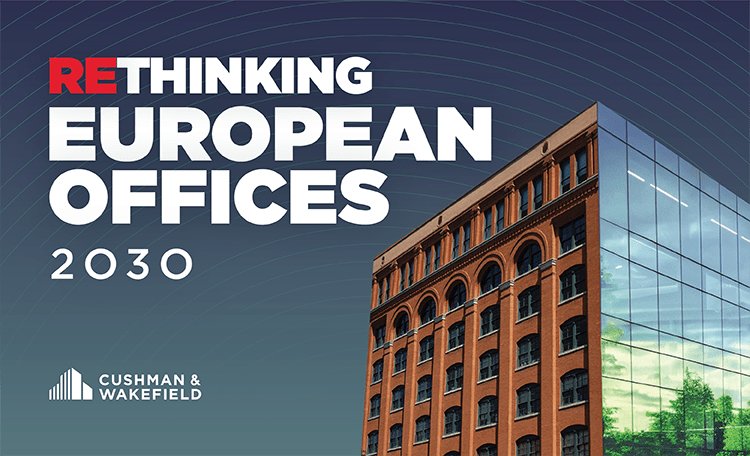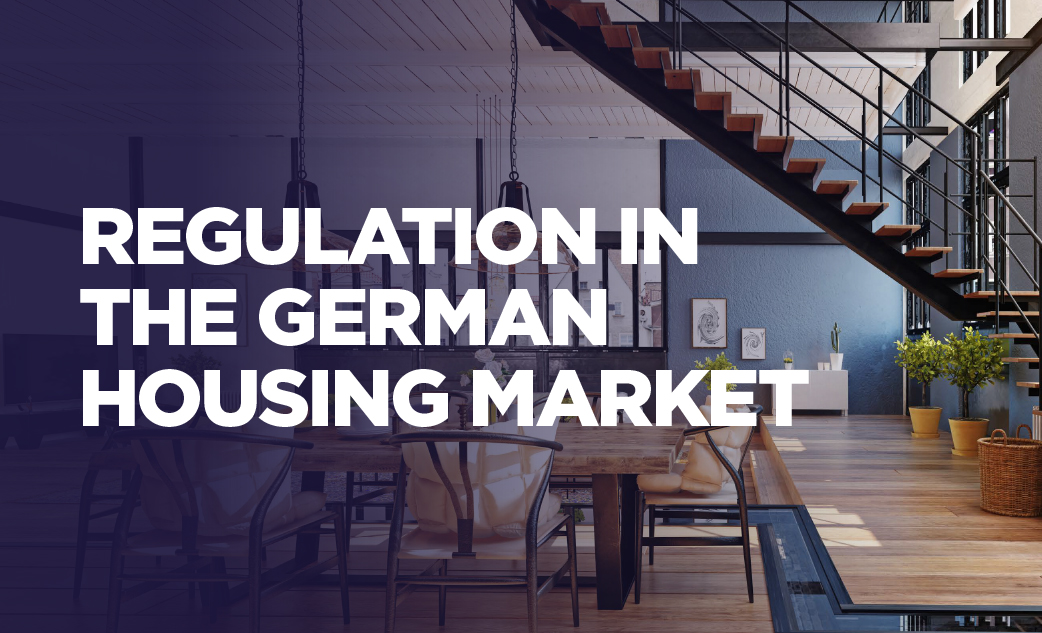In Q2 2023, the German investment commercial real estate investment market achieved a transaction volume of EUR 4.73 billion, 7 percent less than in the already very weak Q1 of 2023 (EUR 5.08 billion), according to research by international real estate consultancy firm Cushman & Wakefield (C&W). The half-year figure of EUR 9.81 billion is 65 percent below that of the equivalent period last year and is the weakest since 2012.
Retail and office properties were the major contributors to German CRE transaction volume in the first half of 2023, at 25 percent and 24 percent respectively. For office properties, which have been the strongest contributor for many years, this is the lowest proportion of the total result since 2011. The absolute value of EUR 2.36 billion represents a slump of 81 percent compared to the same period last year. Above all, there was a lack of transactions in the three-digit-million-euro range.
Persistently high inflation and the currently emerging reduction in companies’ office space requirements due to home office quotas are often causing potential buyers to take a wait-and-see attitude towards office properties and to discrepant price expectations of sellers and buyers – especially for large core properties. The clear majority of office sales in H1 therefore involved a transaction volume of less than EUR 50 million as well as value-add and core-plus properties.
Lack of large-volume logistics transactions
Sales of logistics and industrial properties achieved a transaction volume of EUR 1.7 billion, 71 percent less than H1 last year. Only two transactions of over EUR 100 million each have been registered so far, including the sale of the "Areal Böhler" industrial and commercial park in Meerbusch to Jamestown. Both transactions took place in Q1. Major sales in Q2 include the sale of a planned logistics campus in Hanover to AEW and the sale of Coreport Leipzig II in Schkeuditz to Values Real Estate.
Hotel sales recorded a 45 percent decline in transaction volume compared to a year earlier to EUR 330 million (4 percent of CRE total). In the "Other" segment, which mad ethe largest contribution to transaction turnover at EUR 3 billion (a fall of 45 percent), sales of development land dominated at around EUR 1.2 billion.
Alexander Kropf, Head of Capital Markets Germany at Cushman & Wakefield, concludes: "Core properties have lost their pole position with investors. They must again be measured against alternative, higher-yielding asset classes. Investors therefore focus almost exclusively on core-plus, value-add and opportunistic investments. We expect a significant upturn in transaction activity at the end of the year."
Portfolio transaction volume remains low - international investors are holding back
The number and size of portfolio transactions remained manageable in H1. Compared to the same period last year, their transaction volume fell by 87 percent to around EUR 1.4 billion, the lowest half-year figure since 2009. Only three deals were in the three-digit-million-euro range, including Deutsche Euroshop's increase in five shopping centres in Germany and Signa's acquisition of a 20 percent stake in eight retail properties. In the 1st half of 2023, international capital accounted for 34 percent, well below the 50-percent-plus contribution the past five years.
Yields stable for city centre high street buildings and logistics – further increase for office properties
The rise in yields for prime properties triggered by the turnaround in interest rates in Q2 2022 continued unabated for office properties in Q2 2023. From the end of March to the end of June 2023, the average prime yield across the top-7 markets rose by 21 basis points to 4.04 percent. On the other hand, prime yields for city centre high street buildings (average of 3.90 percent in the top-7 markets) and for logistics real estate (4.15 percent in each of the top-7 markets) remained unchanged from their Q1 levels.
Munich is the most expensive office market with a prime yield of 3.70 percent, followed by Berlin and Frankfurt, both at 3.95 percent. Hamburg is currently at 4.00 percent; Stuttgart (4.15 percent), Düsseldorf and Cologne (4.25 percent each) have significantly higher levels.
Berlin is the top-7 market with the highest transaction volume
Around EUR 4.8 billion was invested across the top-7 markets in H1, which corresponds to 49 percent of the total German CRE transaction volume. The year-on-year decline in transaction volume (minus 67 percent) was somewhat more pronounced in the top-7 markets than in the regions outside them (minus 62 percent).
With transaction volume of around EUR 2.1 billion, Berlin leads the ranking by a large margin, ahead of second-placed Munich (EUR 690 million), while Düsseldorf is in third place with EUR 545 million. Hamburg (EUR 450 million) and Stuttgart (EUR 435 million) each recorded more than EUR 400 million, while Frankfurt remained below this threshold at EUR 365 million. Cologne brings up the rear with EUR 195 million. Compared to a year ago, all markets recorded declines in transaction volume. Stuttgart (minus 37 percent) and Berlin (minus 44 percent) were the least affected, and Frankfurt the worst, with a fall of 89 percent.






